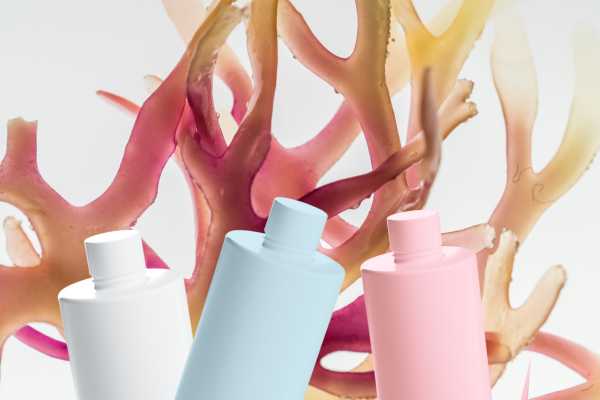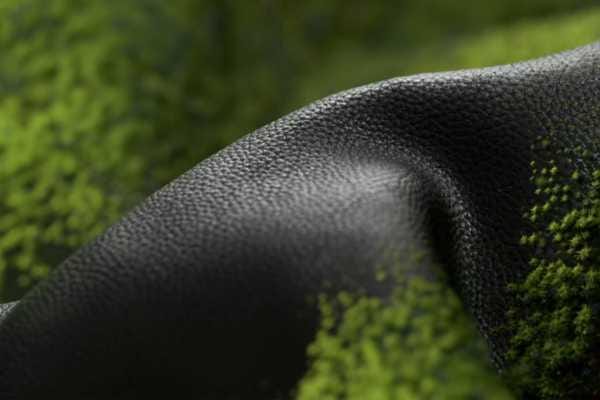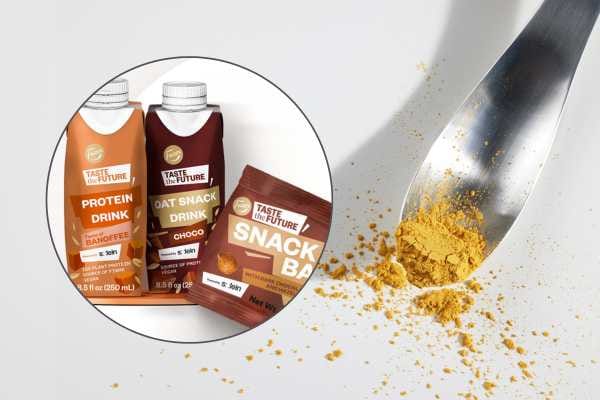Plastic that grows in the ocean
A solution to ocean plastic can also be found in sea, and startups the world over are leaping in.

A solution to ocean plastic can also be found in sea, and startups the world over are leaping in.
Seaweed is an abundant and natural resource that is showing massive potential as a biodegradable alternative to today’s enormous plastic pollution problem.
The sector is gaining momentum globally with a sharp rise in seaweed startups making plastics in the last few years, according to seaweed economy tracker Phyconomy.
It has found more than 36 startups are now working on seaweed-based bioplastics solutions that are actually good for the planet.
Unlike traditional crops, seaweed does not require fresh water or fertiliser and, as a bonus, it draws carbon dioxide from the ocean.
Many of these startups are also working with climate-affected coastal communities in developing nations to help establish this new industry.
Kelpy is just one of these startups, and it is creating compostable and marine degradable bioplastic pellets for commercial use.
Founded by fisherman’s daughter Fionnuala Quin during the Covid lockdown, its pellets are designed to be used in standard manufacturing equipment.
“Kelpy offers a regenerative solution that not only prevents harmful plastic from entering the ocean but regenerates our oceans and the communities that rely on ocean crops for their economic survival,” Quin says.
"The potential of the blue economy to improve the social and environmental fabric of the planet is enormous."

Because Kelpy’s pellets can be made from various types of seaweed, it’s cheaper to produce than many other bioplastics on the market, the company says.
Kelpy’s pellets can even be made from seaweed harvested from farms or collected from invasive influxes – which are on the rise due to ocean warming and fertiliser runoff.
In one example, Kelpy is working with start-up SOS Carbon to collect an algae called sargassum that has been growing into large blooms that stretch for thousands of kilometres in the Caribbean, for use in its bioplastic.
SOS Carbon, which started out in 2018 as a research project at Boston’s MIT University, is training local fisherman to collect the algae using their fishing boats.
“The potential of the blue economy to improve the social and environmental fabric of the planet is enormous,” Quin says.
Kelpy, which is based in Jervis Bay on the east coast of Australia, says it has also run successful testing with some of the largest manufacturers in the world.
Since its launch in March 2021, Kelpy has begun pilots with multinational companies including Colgate Palmolive and Unilever.
Many other businesses are involved in the budding seaweed bioplastics sector around the world including Notpla, Algix, Evowear, Seaweed Energy Solutions, Oceanium, CuanTec, Nanollose, and Uluu.
The tech
Kelpy has created a 100 per cent bio-derived, rigid packaging solution that can be made using seaweeds from any region, including waste streams and pelagic sargassum as seen in major influxes overseas. Kelpy has designed its pellets to be used in standard injection moulding equipment without the need for retrofitting. The pellets can be used in creating both soft, malleable plastics – such as sachets, films, and packaging – and rigid plastic for uses like food containers, drink bottles, and sunglasses. The pellets can even be customised at the creation stage to have a set lifecycle, so Kelpy’s plastic packaging can be made to break down in compost within months.
Who funds it
Kelpy has to date earned $150,000 in funding through Startmate and The NSW MVP Grant, and was accepted into Ab-Invev’s 100+accelerator.
Is it ready to roll
Since its launch in March 2021, Kelpy has begun pilots with multinational companies including Colgate Palmolive and Unilever.





